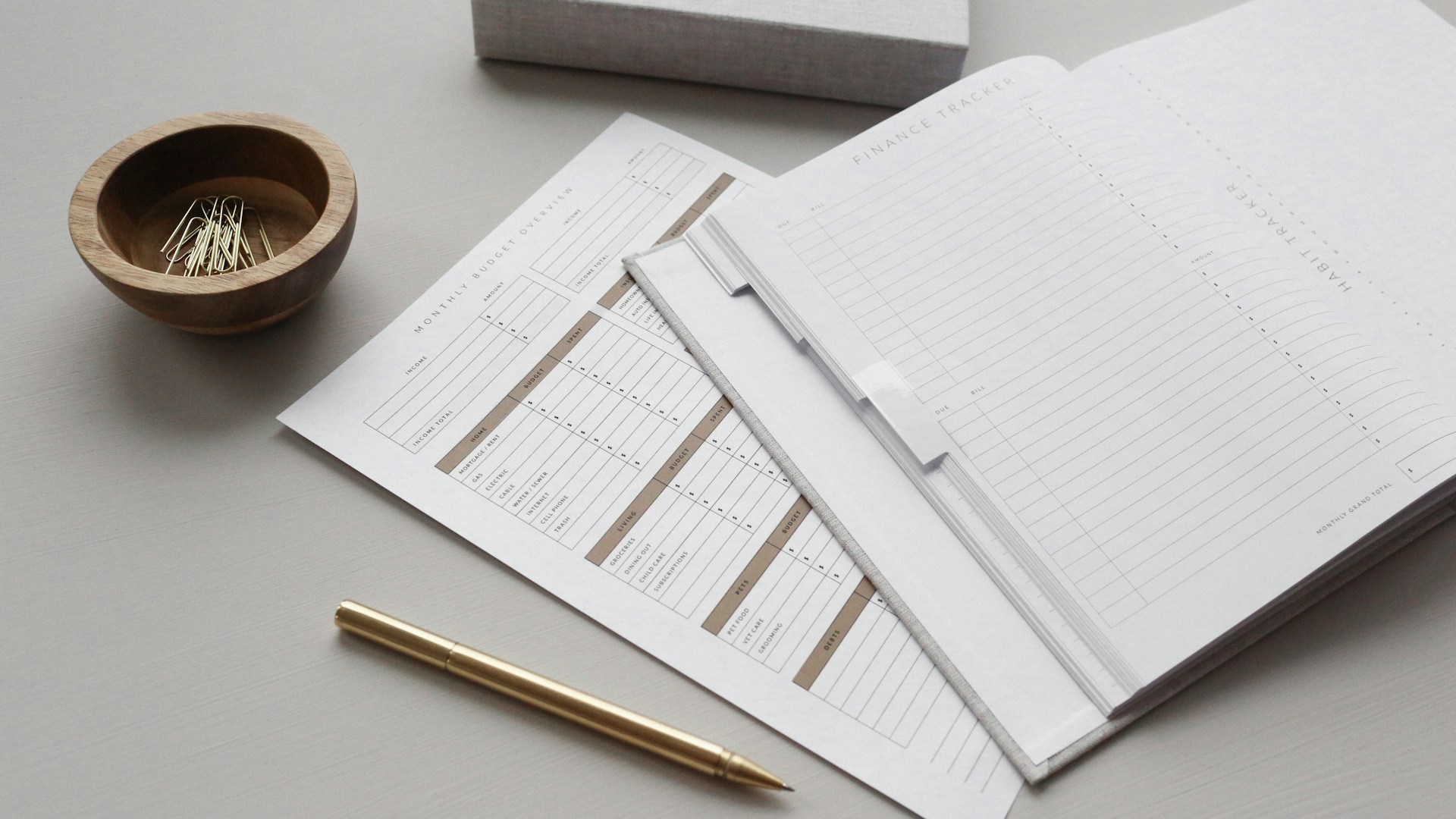TEXT US
CALL US
A Step-by-Step Guide to Wedding Budgeting
Planning a wedding is an exciting journey, but it can also be a bit overwhelming, especially when managing expenses. Creating a wedding budget is one of the most important steps in ensuring that your special day is both beautiful and financially manageable. By setting a clear budget, you can make informed decisions, avoid unnecessary stress, and ensure that you stay on track throughout the planning process.
Whether you dream of a lavish celebration or an intimate gathering, a well-thought-out budget will help you allocate your resources wisely. It allows you to prioritize what matters most to you and your partner, ensuring your wedding reflects your unique style and preferences. Let’s dive into the steps to create an effective wedding budget that will make your planning experience smoother and more enjoyable.
1. Determine Your Total Budget
The first step in creating a wedding budget is determining how much you can afford to spend overall. Sit down with your partner and any contributing family members to discuss finances. Consider your savings, any contributions from your family, and how much you’re willing to save up before the big day. This will give you a clear picture of your total budget.
2. Prioritize Your Expenses
Every couple has different priorities when it comes to their wedding. Some may prioritize the venue and food, while others might focus on photography and entertainment. Make a list of your top priorities and allocate a larger portion of your budget to those areas. This will help ensure that the most important aspects of your wedding get the attention they deserve.
3. Break Down the Costs
Once you have your total budget and priorities set, it’s time to break down the costs. Divide your budget into categories such as venue, catering, attire, photography, entertainment, flowers, and decorations. Research average costs in your area to get a realistic idea of how much you should allocate to each category.
4. Track Your Spending
Keeping track of your spending is crucial to staying within your budget. Use a spreadsheet or a wedding budget app to record all your expenses. Make sure to update it regularly and compare your actual spending to your budgeted amounts. This will help you see where you might need to adjust your spending.
5. Include Hidden Costs
It’s easy to overlook hidden costs that can add up quickly. Remember to include expenses such as taxes, tips, service fees, alterations, and transportation. By accounting for these extra costs from the beginning, you can avoid unpleasant surprises later on.
6. Save on Non-Essentials
If you find that your budget is getting tight, look for areas where you can save money. Consider DIY projects for decorations, opt for a less expensive venue, or choose a smaller guest list. Be creative and think about what truly matters to you. Sometimes, simple adjustments can make a big difference in your budget.
7. Set Aside an Emergency Fund
No matter how well you plan, unexpected expenses can arise. Set aside a small emergency fund within your budget to cover any unforeseen costs. This will give you peace of mind and prevent last-minute financial stress.
8. Revisit and Adjust
Your wedding budget is not set in stone. As you go through the planning process, revisit and adjust your budget as needed. If you find that certain areas are costing more than expected, look for ways to cut back on other categories. Flexibility is key to maintaining a balanced budget.
9. Communicate with Vendors
Clear communication with your vendors can help you stay within budget. Be upfront about your budget constraints and ask for detailed quotes. Some vendors may offer packages or discounts that can help you save money. Don’t be afraid to negotiate or explore alternative options.
10. Enjoy the Process
Creating and sticking to a budget might seem daunting, but it’s an essential part of wedding planning. Remember to enjoy the process and focus on what’s truly important: celebrating your love and commitment. A well-planned budget will help you create a beautiful wedding without unnecessary financial stress.
Creating a wedding budget is a crucial step in planning your special day. By determining your total budget, prioritizing your expenses, and keeping track of your spending, you can ensure that your wedding is both beautiful and financially manageable. Don't forget to account for hidden costs and set aside an emergency fund to cover any unexpected expenses.
Remember, the goal is to celebrate your love and commitment with your friends and family. With a well-thought-out budget, you can focus on enjoying the planning process and creating lasting memories. Happy planning, and here's to a wonderful, stress-free wedding day!
